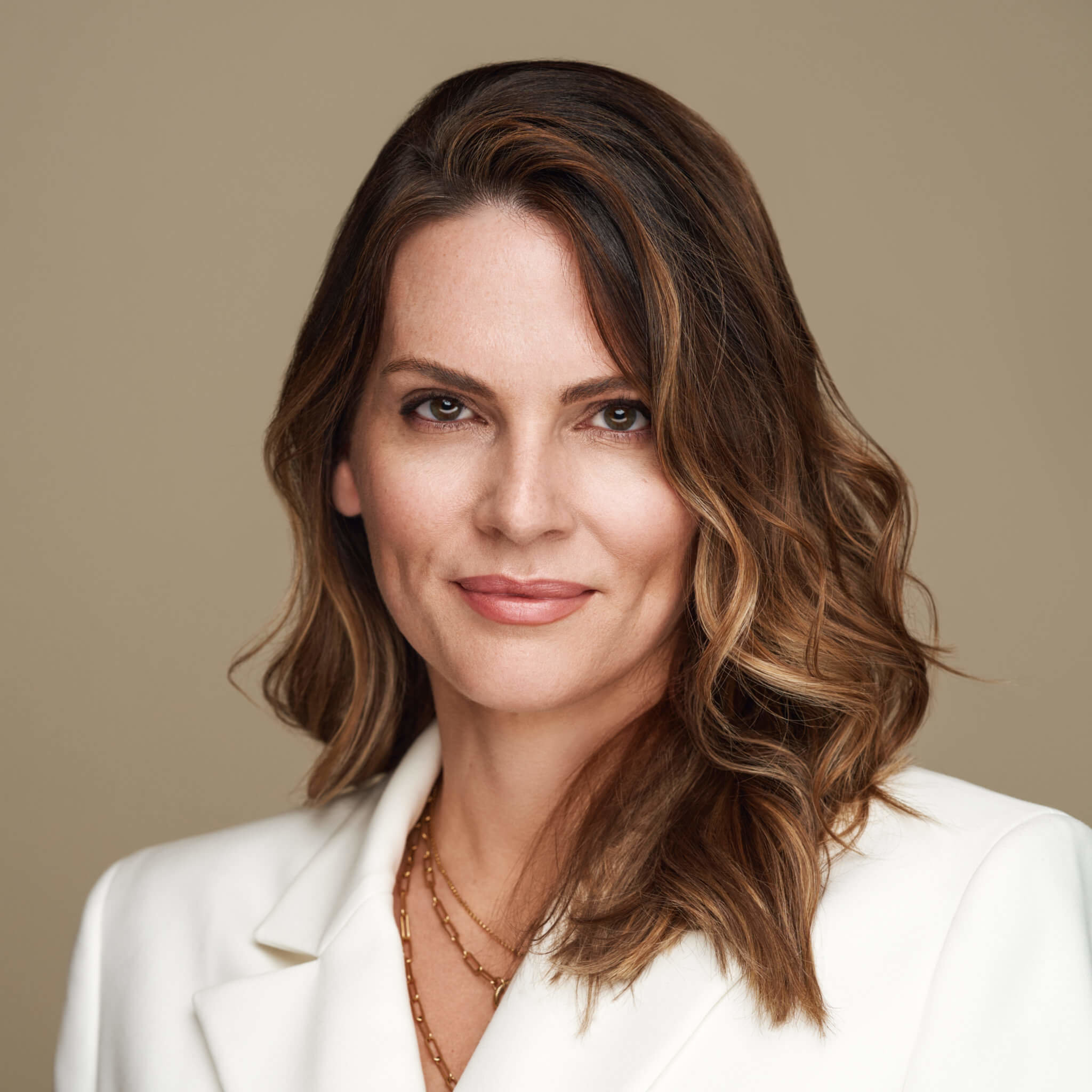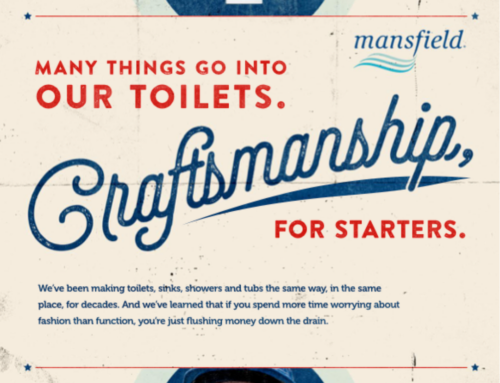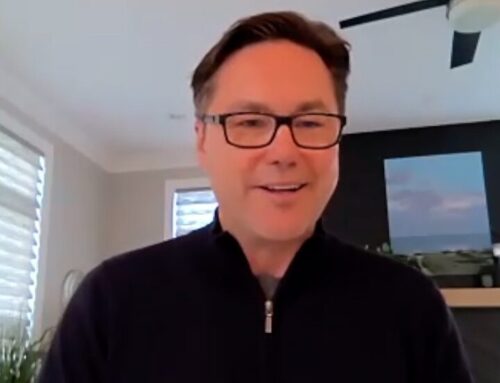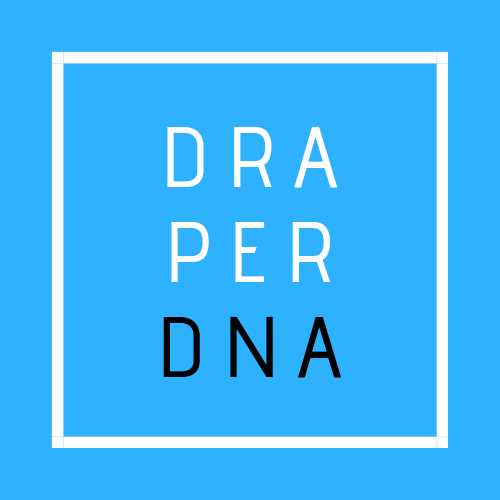There is a Difference featuring Kara Redman
July 26, 2021
We spoke with brand strategist and agency founder Kara Redman about what it takes to be a successful entrepreneur, how to keep a team motivated, and why a “people first” mind-set is imperative to business growth in this edition of the “There is a Difference” series. She articulates how important it is to never stop learning and always strive for self-growth.
Kara: I’m Kara Redman, the CEO and founder at Backroom. We’re a full-service brand strategy and activation agency headquartered in Baltimore, but our team lives across the United States. I have an illustrator in Denver, a director of strategy on a 300-year-old farm in New Hampshire, a project manager in Portland, Oregon, and an engineer in Miami.
As a female founder and CEO of a successful and flourishing business, what keeps you inspired?
Kara: One hundred percent, it’s learning. I’m a lifelong learner. I find that if you stay really connected to curiosity and figuring things out that boredom isn’t a thing. When you’re really attached to outcomes, it can feel frustrating and draining of energy. If I see something really beautiful or impactful or well done, I’ll start thinking, “How do they make this? Was it the lighting? Was it the angle? Do they style something a certain way? Is there something else and try to tinker and figure out how it was made?” Then I go back and create a playground on my own.
A lot of the time it turns out it’s much harder than it looks to get it done. That’s where bringing the right people, who are really talented and can bring a different perspective to things, into my business matters. Learning, creating and always finding something new to do and to make for people keeps me inspired. I’m always trying to move through that.
You talk about a people first culture, which we love. What exactly does that mean to you?
Kara: Literally, just that — that people come first. If someone on our team is struggling or needs help, that takes priority over anything else. It’s constantly staying up to date on wellness sciences, so that I as a leader can understand how people work, how their brains work, how we function and then how to provide a really strong way of living to them. It’s different for every person. There’s no handbook for that.
I’m constantly taking feedback and checking my emotions, my ego and self-worth, so that I can show up for the people that are on my team. And not just feedback on how work is going, but feedback on how my team is doing, because there are so many other attributes to people besides the work that we do. We don’t use productivity and creative output as metrics for how a person on the team is doing. We can usually snuff out when someone’s not doing well.
We’re really big on collaboration and we’re very vulnerable with what’s not going well. Every month we do a “good, bad and ugly” check-in to look at all facets of our life as a team, and then figure out where somebody can help. For example, “Can I recommend a sleep therapist for my director of strategies babies? Or can I help somebody who is overwhelmed with work projects by bringing in another resource?” We’re constantly doing those types of check-ins. Nothing matters but making people’s lives better.
Where did the name Backroom come from and how do you make a difference as its founder?
Kara: Backroom as a concept and a name came from me working at multiple agencies that were very outwardly facing for themselves. A lot of times decisions were made that benefited the agency at the detriment to the client. Awards were won from the agency when maybe it was collaborative with the client. Our whole mentality is that we’re the ones that are going to tell you you look fat in the bathing suit before you leave for the beach. We’d rather be making those decisions and doing the hard work and making our clients look good.
As one example of how that gets applied, our public relations strategy is that anytime we get a placement for one of our clients, we introduce them to that journalist so that they get to carry the relationship. We just won an award for a client that she gets to hang on her wall because it’s her brand. We don’t have any awards hanging anywhere in our offices, we always send them to our clients because our job is to make them look good, not ourselves.
You participate in a lot of thoughtful and powerful panels and discussions. Why is it important to you to share your experiences and insights with others?
Kara: I joke a lot that people lie about two things in life — business ownership and parenting. Everyone wants to pretend like it’s easy and they have this magic recipe. The reality is that we’re all struggling, and we have the option to struggle in silence or struggle together. My biggest hurdle in growing my business is feeling like the challenges that I have are self-induced, and they’re because of me and my shortcomings when in reality, they could be in any entrepreneurship textbook of the things that are inevitably going to happen to you.
The more I talked to people on the side that I respect and admire, the more it normalized for me. The more I saw behind the proverbial curtain of other people, the more I realized that my shit was together more than most people’s and it was very validating.
Let’s observe it. Let’s be curious and maybe figure it out together. I think that being a constant learner is critical to being great and everyone wins when we share our experiences. My hope is that by speaking about my unique experiences, that somebody else might see something of themselves or see something that they’ve been struggling with and create more normalcy and representation about what it’s really like to be a business owner.
One of our favorite things that you’ve said is that crisis makes people more of what they already are. Can you elaborate on what you mean by this?
Kara: One of the greatest realizations that I had when the pandemic hit was that people weren’t necessarily changed, but they were accentuated. What I mean by that is that I observed how my peers were responding to the crisis and felt naive. I thought that everyone was in this shared headspace of, “We’ve got to go give, we’ve to go help people, we’ve got to do more.”
Those people who I witnessed and would expect that would give in a normal environment were giving more, even if they had less. And that people who were thriving and doing well and very much feeling or projecting this reputation of self-made-ism, which I think is a myth, were doing more of the getting the loans the quickest, right as the SBA came out and laying people off to preserve the business, which is not necessarily a bad move. It’s a smart business move, but it was almost expected of the people that I saw doing that when I saw people with less doing more for others.
Thank you, Kara.
As a professional, how do you continue to grow in your career and teach your team how to do so as well? We’d love to hear your thoughts. Share them with Abby at abby@draperdna.com





